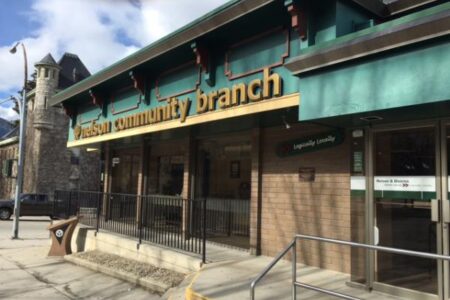Nelson City Council, October 21, 2013
Every second council meeting is a Committee of the Whole (COW) meeting at which individual citizens or organizations may make 15-minute presentations to council. No decisions are made at COW meetings. The following is a summary of the two presentations made on October 21, 2013.
Independent Investigations Office of B.C.
Richard Rosenthal, head of B.C.’s Independent Investigations Office, addressed council to explain the role of his civilian agency which has jurisdiction over incidents in B.C. involving on-duty and off-duty municipal police and the RCMP that result in serious harm or death.
Rosenthal explained that his agency was formed in September, 2012, as part of a trend toward civilian oversight of police operations, and that in B.C. the catalysts were the death of Frank Paul in 1998 and Robert Dziekanski in 2007.
Rosenthal, a lawyer and an experienced prosecutor, has an extensive resume of investigations work in the U.S. The powerpoint that accompanied his presentation to council can be found here.
Columbia Basin Trust community grants
Kelvin Saldern, recently hired by the Columbia Basin Trust as Community Liaison for the southwest basin, attended to introduce himself and the community grant program he oversees.
Fibre-optic and tax exemption bylaws adopted
In a special regular council meeting held earlier in the day, council adopted the fibre-optic network bylaw described in a previous story in The Nelson Daily, and it also approved the permissive tax exemptions described in this story.
At that same special meeting, council agreed to the followoing resolution:
“That it is the opinion of the Council that the public interest requires that persons, other than members of Council and staff (and any approved audiences) be excluded from this meeting and that the Special Closed meeting of Council continue under Section 90 (1) (f) of theCommunity Charter.”
and met in-camera– in other words, in a meeting closed to the public. Municipal councils typically meet behind closed doors if there are labour relations or personnel issues to discuss.

























